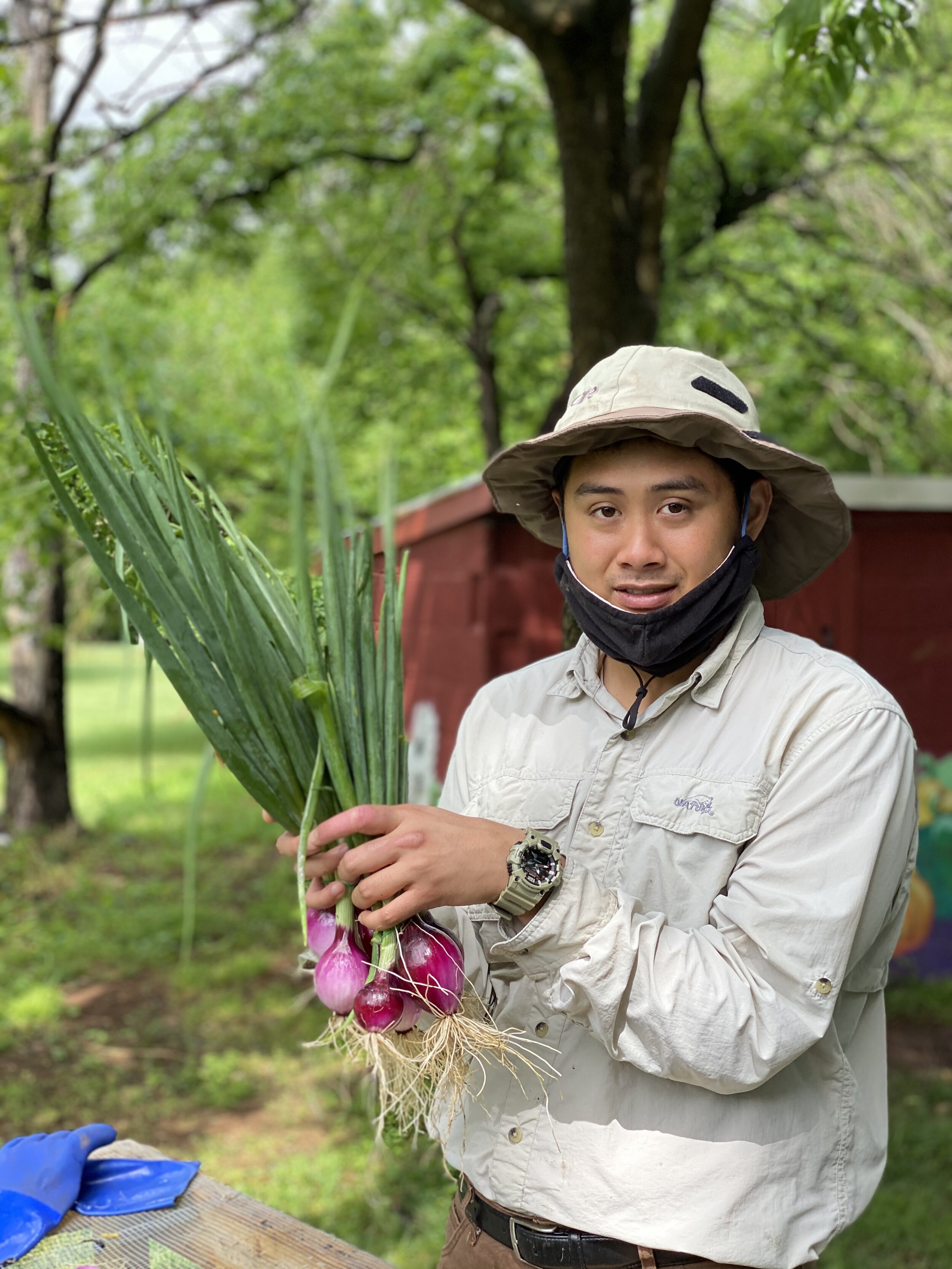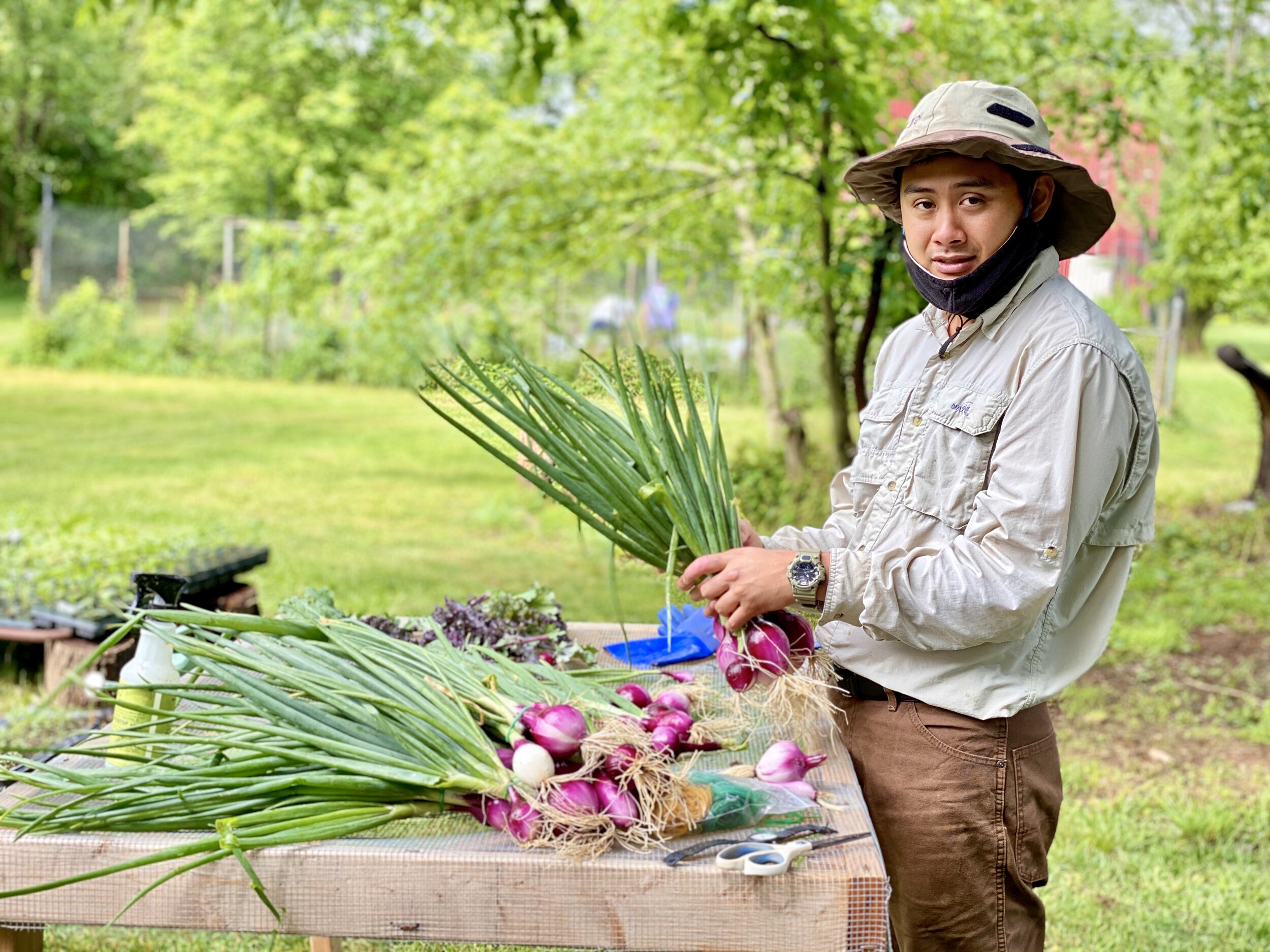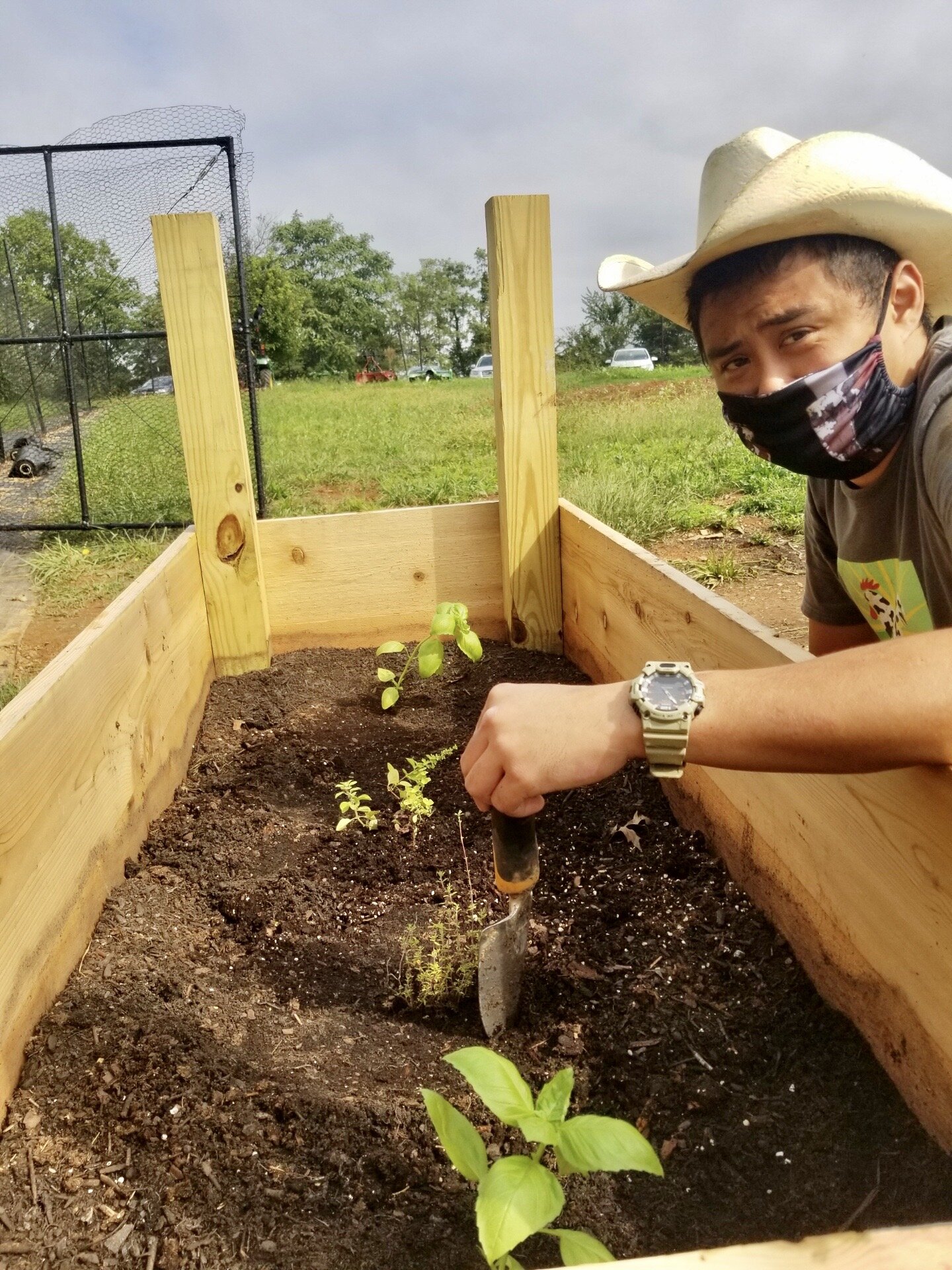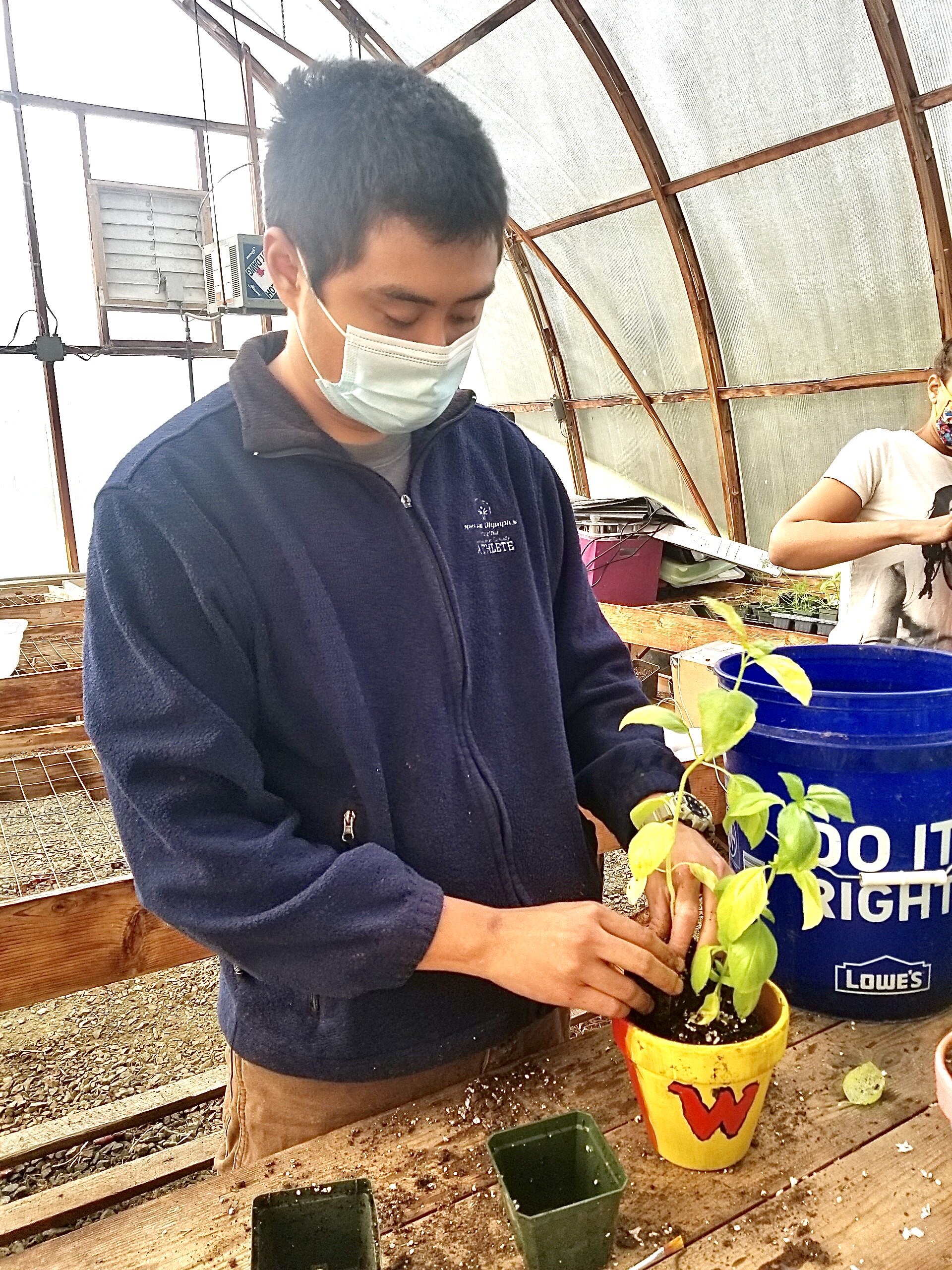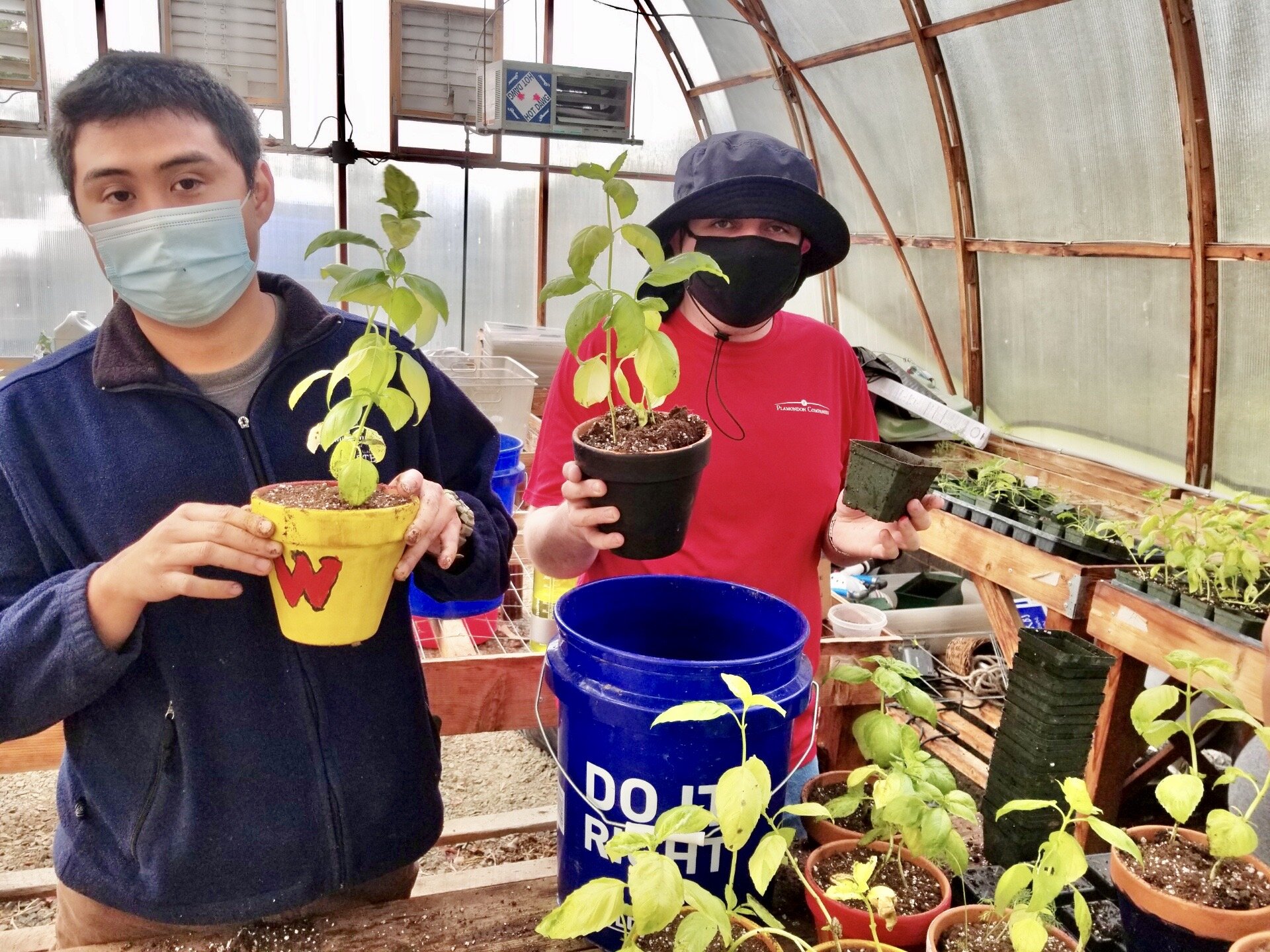What would my child with autism’s life be? With limited verbal skills and coping mechanisms, will he always be needing help and support? What will happen when we parents are no longer able to provide that support? Parents of children with developmental disabilities struggle with these questions many times during their child’s life, and especially during challenging periods that occur every week, month if not daily.
Being a Special Olympics coach who has been in close contact with hundreds of athletes with special needs and various intellectual and developmental disabilities (I/DD) in the last 15 years, I am also aware of how they make a living, especially the fact that on average they only work 26 hours per a two-week period. And how even the best of these adults with special needs end up with jobs pulling grocery carts and helping to bag groceries.
There is plenty of evidence pointing to the fact that we as a society have not done a good job supporting the estimated 7.3 million people with intellectual and developmental (ID/DD) in the United States.
At a minimum, it has been a huge challenge for us as parents to find a place where these adults with ID/DD can make a positive contribution to our society. During this especially challenging year 2020, with the devastating effects of the COVID-19 virus, when so many jobs and workplaces have shuttered, the challenges have become even more daunting. Therefore, A Farm Less Ordinary (AFLO), the welcoming community for people with ID/DD created by Maya Wechsler, Greg Masucci, and their incredible staff, has been nothing short of a Godsend.
Our son Ian was laid off from both his jobs in March: a winery and a movie theater. To be able then to find work on a farm that’s located in our local community, and especially a place whose mission is to provide jobs to adults with ID/DD, was an indescribable feeling for us.
As I am writing this note, a week or two has passed since the farm shut down for the season. Our son Ian, who is normally economical with his words, has expressed how he has missed working at the farm. A creature of habits, I am sure he is missing his three days of work at AFLO and his routines there.
What he’s unable to explain in his own words (and what I am trying to put down here in these notes on his behalf) is the pride I am sure that he feels when seeing the vegetables he helped grow from the young plants in the greenhouse and then put in the ground…the countless hours of weeding and watering and more weeding. Then watching the once sparse landscape grow into beautiful rows of tomato plants, vibrant green and yellow summer squashes, beautiful red onions and purple carrots and sweet cherry tomatoes.
While not a fan of vegetables in general (as most young adults his age), I am sure even Ian has noticed the vegetables that he helped grow make their way onto our dinner table providing a new fountain of youth to us, which we’ve boasted to our friends and family about.
Maya and Greg’s decision to create a safe home for their son, and a farm where he and other adults with ID/DD can find paid work and acceptance, has indeed provided a home for our son Ian these last five months. In the challenging times of the coronavirus, Ian and his co-workers/growers, under the guidance of Maya, Greg and staff, have quietly produced tons of the most beautiful organically grown produce in the area. They have worked side by side with a spirited group of volunteers and found acceptance and meaning, something that is rare in other workplaces. We cannot express enough thanks to AFLO for helping our son Ian find meaning in his work and his home.
—Chau P., Father to Ian
